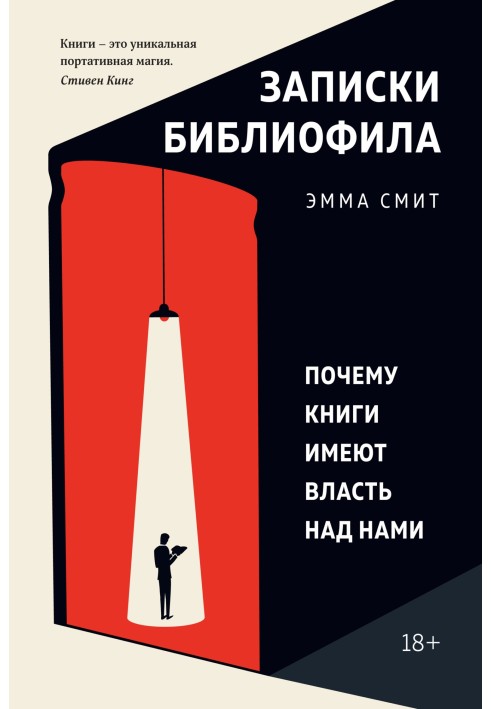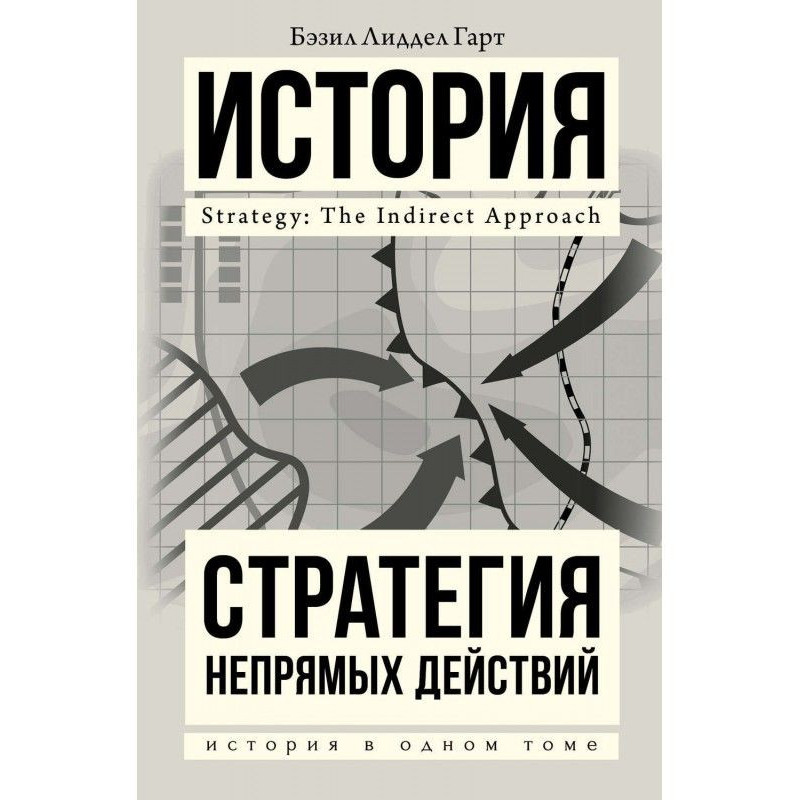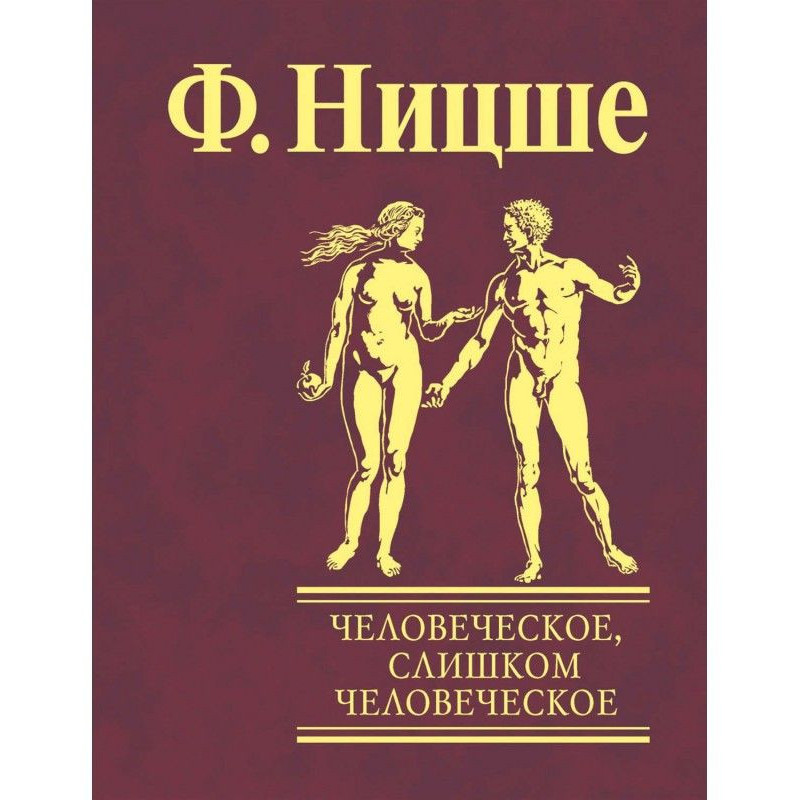Notes of a bibliophile. Why books have power over us
 Instant download
Instant download
after payment (24/7)
 Wide range of formats
Wide range of formats
(for all gadgets)
 Full book
Full book
(including for Apple and Android)
In her incredibly fascinating narrative, Oxford professor and Shakespeare specialist Emma Smith talks about the history of books, centuries-old and amazingly interesting, focusing not on the usual image of “archives of wisdom and knowledge”, but on the material forms in which books were presented, and how different purposes they sometimes had to serve. By presenting a fascinating and radically new history of the book in the hands of man, the author seeks answers to the questions of when and how it acquired power over us. Talking about the enormous role that books have played in people's lives for a millennium, Smith makes the amazing discovery that the characteristic and very powerful magic of books is created not only by content, but also by form. From the Diamond Sutra to a book made from cellophane-wrapped slices of cheese, this complex artistic object has for centuries embraced and expanded the relationships between readers, countries, ideologies and cultures, and has done so in a powerful and unpredictable way. “Every book promises transformation for the reader.” . The expectation of change is part of an invisible contract between books and their readers. In this sense, all books are books about how to help yourself. If we have no pleasure or connection with a book, then we are stubbornly avoiding the duties that we must fulfill under our contract with it.” (Emma Smith)
Data sheet
- Name of the Author
- Эмма Смит
- Language
- Russian
- Translator
- Татьяна В. Камышникова
Reviews
Вражаюча подорож у світ книг та їхньої магії!
Книга "Записки бібліофіла" Емми Сміт - це не просто історія про книги, а справжня ода їхній владі над людським життям. Автор, будучи професором Оксфорда та фахівцем з Шекспіра, вміло поєднує науковий підхід з захоплюючим стилем викладу, що робить читання надзвичайно приємним. Сміт розкриває багатогранність книг, показуючи, як вони служили різним цілям протягом тисячоліть, і як їхня форма та зміст взаємодіють, створюючи унікальний досвід для читача. Особливо вражає, як автор підкреслює, що книги - це не лише джерела знань, а й потужні об'єкти, які формують нашу ідентичність, світогляд та взаємини з іншими. Вона запрошує нас замислитися про те, як ми сприймаємо книги і яку роль вони відіграють у нашому житті. Ця книга змушує нас усвідомити, що кожна книга має свою історію, і що ми, як читачі, несемо відповідальність за те, як ми взаємодіємо з ними. "Записки бібліофіла" - це обов'язкове читання для всіх, хто цінує літературу та хоче глибше зрозуміти магію, яка ховається за кожною сторінкою.
















